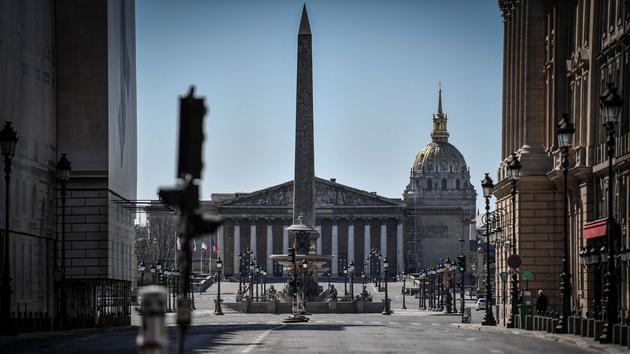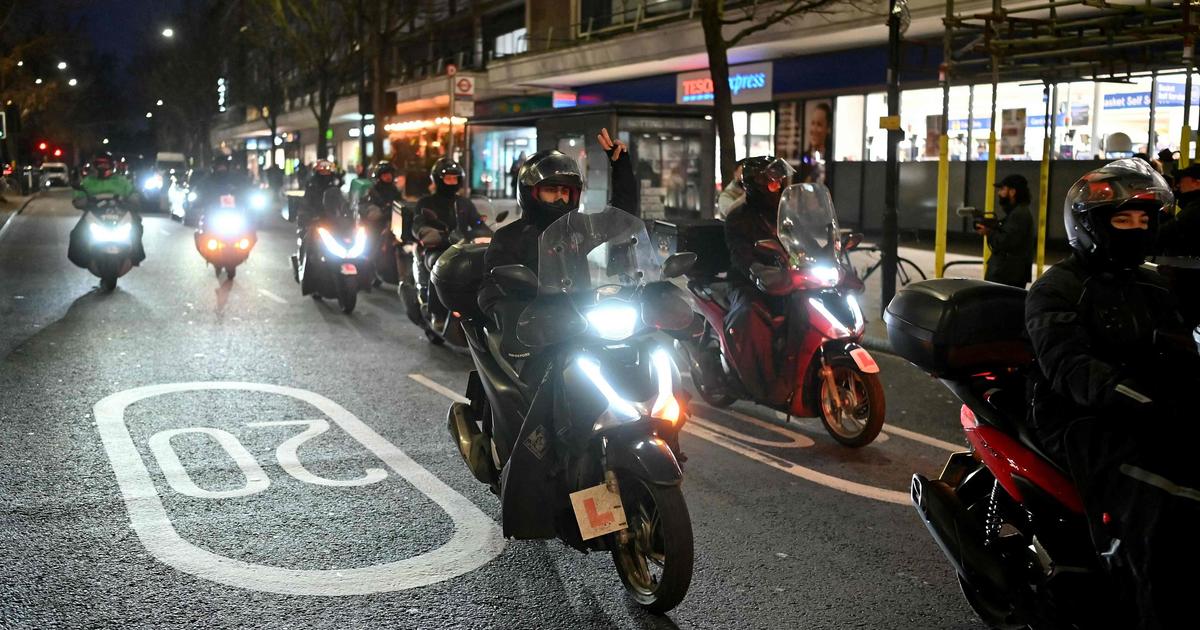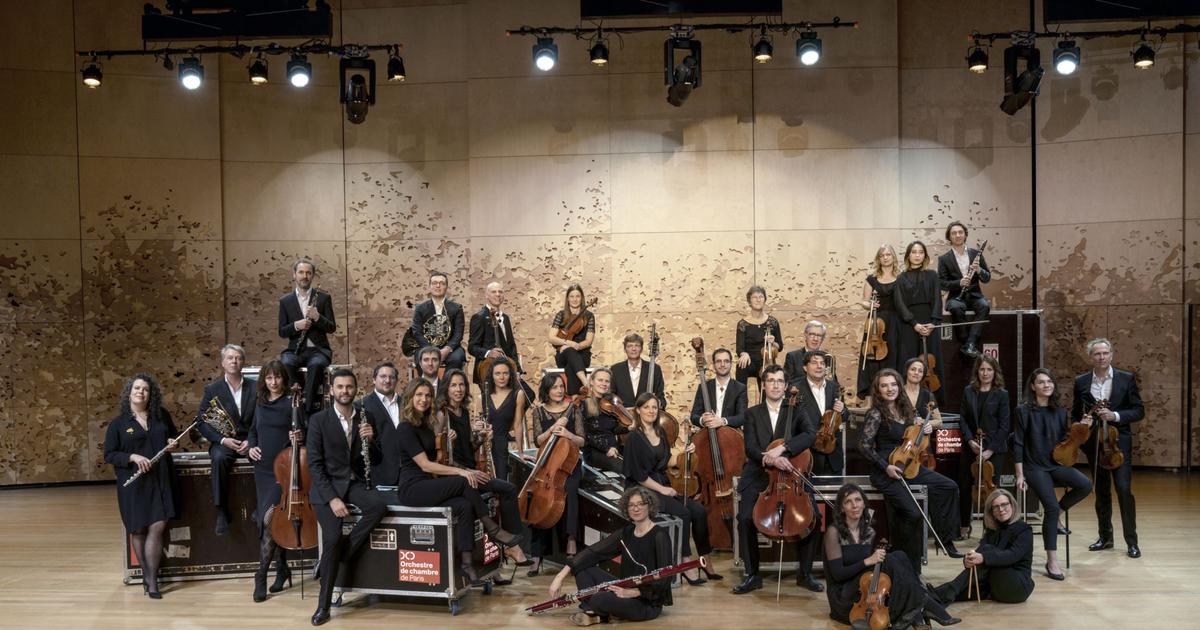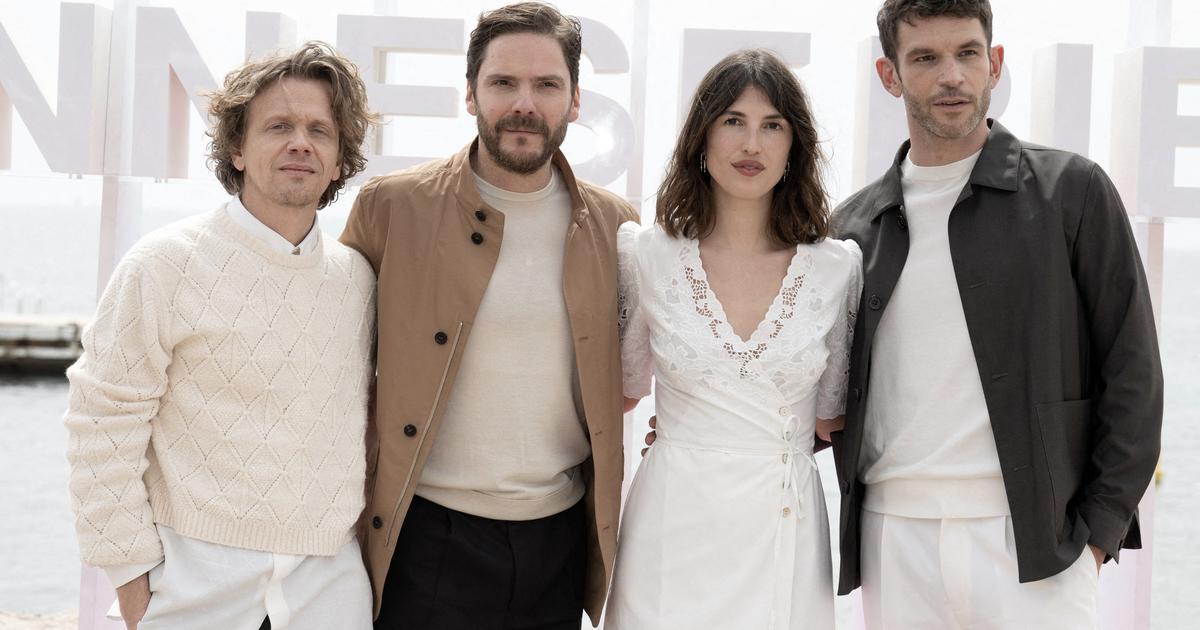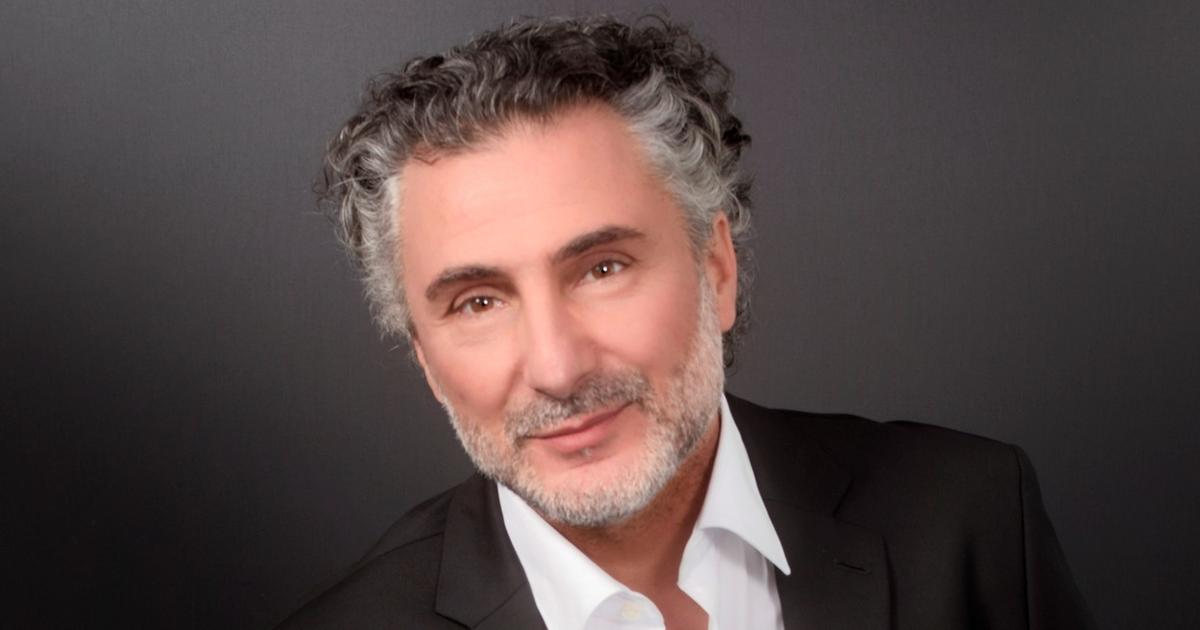Pierre-Yves Gomez is a professor at EM Lyon, where he heads the French Institute for Corporate Governance. Author of numerous books on work and business, he has just published L'Esprit malin du capitalisme (Desclée de Brouwer, 2019).
FIGAROVOX.- Prime Minister Édouard Philippe said that this crisis would reveal what "humanity is most beautiful and darkest". What have you seen so far?
Pierre-Yves GOMEZ.- An enlarged but not distorted image of what we are, united or selfish, and sometimes both at the same time. Around me, I see very simple gestures of mutual aid: organizing racing tours for the elderly, making contact with those who are isolated, maintaining ties by signs of benevolence, and other more moving initiatives like this company that has provided fabric to make protective masks that volunteer grannies are responsible for making. Faced with this, there are the sordid behaviors of scammers and shabby profiteers, but also those who rob the big box stores, those who only look at their neighbors as dangerous suspects, those who lock themselves into a delusional hygienic psychosis. I would say "the most beautiful and darkest of humanity", but also the most ridiculous.
What are you going to learn from this confinement test?
I have lived in the countryside for years, on a large farm, and have been used to telecommuting for a long time. Difficult to speak today of confinement in the sense of seclusion, as others can unfortunately experience.
The deserted streets touch me more than I would have thought.But I already feel how precious are meetings, community life and the freedom to take part in it. There is of course nature, the radiance of spring, the birds and the first buds ... but I am starting to be saturated with contacts by interposed screens while the physical world seems strangely depopulated. The deserted streets touch me more than I would have thought.
And France?
I don't know, there are France so different! Maybe she can learn that she has better to bring to the world than trying to look like a start-up. I was moved the evening of March 25, when the church steeples began to ring in the countryside, responding from village to village. Here and there we saw candles in the windows of believers and unbelievers. In the confinement and the silence of nature, we felt the presence of our humanity waiting, an invisible but tenacious force. I had the feeling that France could perhaps remember that before being a nation, it was a people.
Do you already see things to change in the country?
The pandemic is so damaging the wounds of our society! As a priority, we must reduce the influence of finance on businesses, because it directed us towards futile investments when it became clear that we lack the most useful.
As a priority, we must reduce the influence of finance on businessesThere is also a need to redefine political priorities to provide more security and justice for everyone, not just a few; and to put an end to the ideology of victimization, which deprives us of courage and cohesion when the real dangers arise.
Will this period change things in your life?
No doubt it will confirm the duty to combat the absurdity of the systems in which we lock ourselves, false beliefs and evil spirits who abuse us. And at the same time, I believe that I will be even more attentive to my loved ones, my friends and to the fragile benefits of peaceful social life.
What lessons do you think our country will learn from it?
He will at least have learned that most of the activity can seize up within a few days, that millions of people can stay locked up in their homes to try to continue their activities as much as possible. This is hardly a conceivable situation: after years of overvaluing flexibility, mobility, agility and permanent change, the economy and society are freezing.
We are more vulnerable than we said.I believe that the rationality attributed to large organized systems will be seriously questioned. We are more vulnerable than we said and to a point that makes the speculative race for technological gadgets and "disruptions" derisory. It is urgent to organize ourselves better, not to pursue extravagant progress, but to manage for the benefit of the greatest number, the riches that we still have.
What do you think the aftermath will look like?
The immediate aftermath will be the economic crisis. And it will be the test of truth. Never in the history of mankind have we locked up three billion human beings for weeks, sometimes alone, sometimes with family, in unexpected crowded conditions and by hovering around them an invisible threat. It is certain that everything will not be erased as if nothing had happened. When it will be necessary to face the economic crisis, more than ever, the question of meaning will arise: sense of work, of consumption, of common and collective life. At the end of the Second World War, Bernanos had given a series of conferences gathered under the title: "Freedom, for what?" . I would like to pay tribute to him by sensing that the question that everyone will ask themselves, one way or another, and that we will ask ourselves collectively after this pandemic, will be: "Health, what for?"

